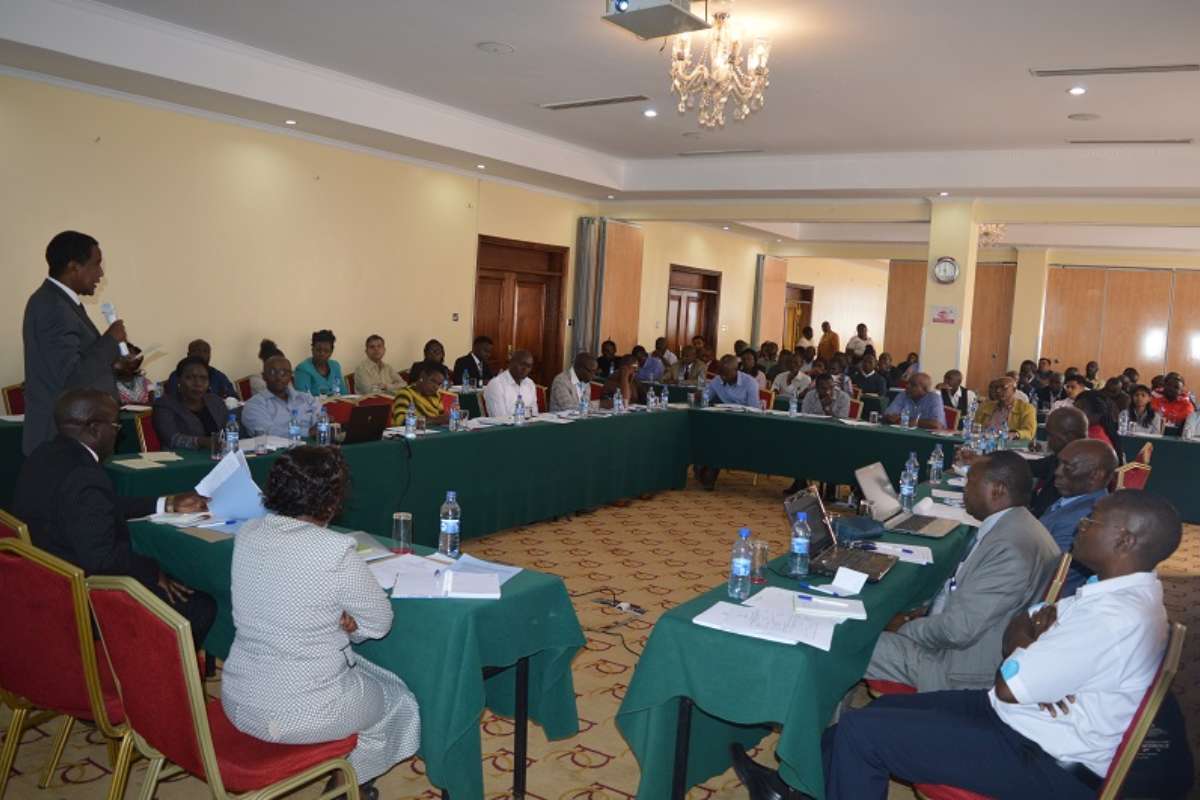Mandatory Registration for Toxic Chemical Handlers
The National Environment Management Authority (NEMA) has issued a directive requiring all individuals and companies dealing with toxic and hazardous industrial chemicals to register before conducting any related activities. Non-compliance with this order constitutes an offense under CAP 387 and its associated regulations.
The enforcement of the NEMA new rule is per the Environment Management and Coordination (Management of Toxic and Hazardous Chemicals and Materials) Regulations, established under the Environmental Management and Coordination Act (CAP 387). These regulations took effect through Kenya Gazette Supplement No. 199 on November 4, 2024. The provisions govern various activities, including the manufacture, import, export, distribution, transportation, storage, handling, and disposal of hazardous substances.
According to NEMA’s official notice, any entity intending to import, export, manufacture, distribute, or supply toxic chemicals must apply for registration. The process ensures that companies comply with environmental safety measures to mitigate risks associated with hazardous materials.
Licensing Process and Compliance Measures
As per the gazette notice, individuals or organizations engaged in manufacturing, importing, or exporting toxic substances must secure a license under the NEMA new rule. Applicants are required to submit requests in the prescribed format outlined in the Eighth Schedule, along with the corresponding fee detailed in the Fifteenth Schedule. Upon approval, NEMA will issue the necessary license to the applicant.
If an application is denied, the authority will notify the applicant in writing within 30 days, outlining the reasons for refusal. In instances where ownership of a registered entity changes, both the current and incoming proprietors must jointly inform NEMA in writing. Upon successful verification, the authority will issue a Certificate of Transfer of Licence, absolving the previous owner from future liabilities.
In addition to licensing, companies planning to import or export toxic chemicals must secure an import/export permit. Applications must be accompanied by the stipulated fees, and NEMA commits to processing submissions within 21 working days. Approval or rejection of an application will depend on the prior informed consent of the relevant regulatory authority in the exporting or importing country. Entities involved in transporting hazardous chemicals through Kenya must also acquire a permit, supported by documented consent from the destination country and a refundable deposit bond.
Enforcement and Safety Regulations
NEMA has emphasized its authority under the NEMA new rule to suspend or revoke permits and licenses if a holder violates any regulatory conditions, provides false information, or if new safety concerns emerge regarding the chemicals in question. A publicly accessible register of all issued permits and licenses will be maintained for transparency.
Entities involved in the storage, distribution, or transportation of toxic substances must ensure that shipments include a material safety data sheet. Furthermore, manufacturers and storage facility operators are mandated to conduct annual environmental audits and workplace monitoring as stipulated under the Occupational Safety and Health Act.
Additionally, aerial spraying of hazardous chemicals is strictly prohibited unless an environmental impact assessment license is obtained from NEMA. Manufacturers, importers, and distributors of chemical-containing products must verify that banned substances are not present and that restricted chemicals remain within the limits set by Kenyan Standards.
NEMA has advised all stakeholders to visit its official website under the ‘Chemicals Management Regulations’ section for further details on registration requirements. The authority reaffirmed that engaging in toxic chemical handling without proper registration is a punishable offense under CAP 387 and its regulations.
Visit Oil Gas Energy Magazine for the most recent information.












